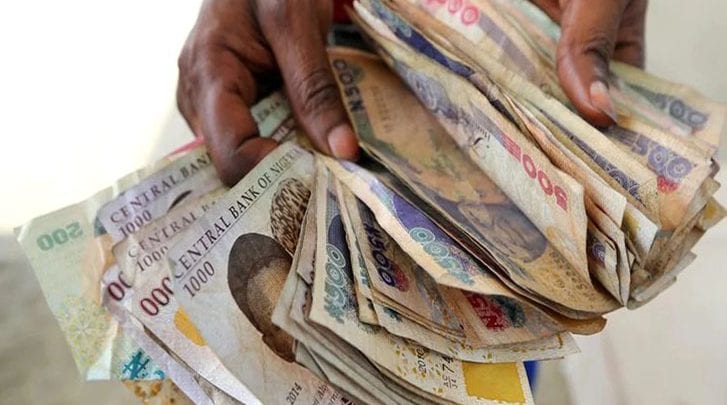
Nigerian students seeking foreign education may spend N763.16bn or more to get dollars following the naira float by the Central Bank of Nigeria.
The current rate of 755.6/$ will lead to an increase of N310.53bn or 68.64 per cent from what was spent on foreign education in 2022.
In an earlier statement, the CBN said; “All segments are now collapsed into the Investors and Exporters windows. Applications for medicals, school fees, BTA and PTA, and SMEs will continue to be processed through deposit money banks”.
These changes mean that Nigerians schooling abroad, paying for their school fees via CBN forex rate will now have to pay the floated market price.
In a separate statement, the CBN said that all visible and invisible transactions (medicals, school fees, BTA/PTA, airline and other remittances) were eligible for the Investors’ and Exporters’ window.
Banks were urged to ensure swift processing of all qualified invisible transactions on behalf of their customers using the applicable rate at the I & E window.
Data from the CBN on the industry-specific usage of foreign exchange showed that foreign education gulped about $1.01bn in 2022.
The buying rate for the US dollar was about N448.05/$ as of December 30, 2022, according to the exchange rate data of the CBN.
However, with the unification of multiple rates and the floating of the naira, the CBN pegged the buying rate for the US dollar at 755.6/$ as of Thursday, July 6, 2023.
Applying this December rate to the total amount spent on foreign education showed that it gulped about N452.53bn from foreign students residing in the country.
However, the current rate would put the total figure at N763.16bn, which is an increase of N310.53bn or 68.64 per cent.
It also means that the official naira lost about 40.7 per cent of its value, which further weakened the buying power of foreign students in long-distance education in the country.
